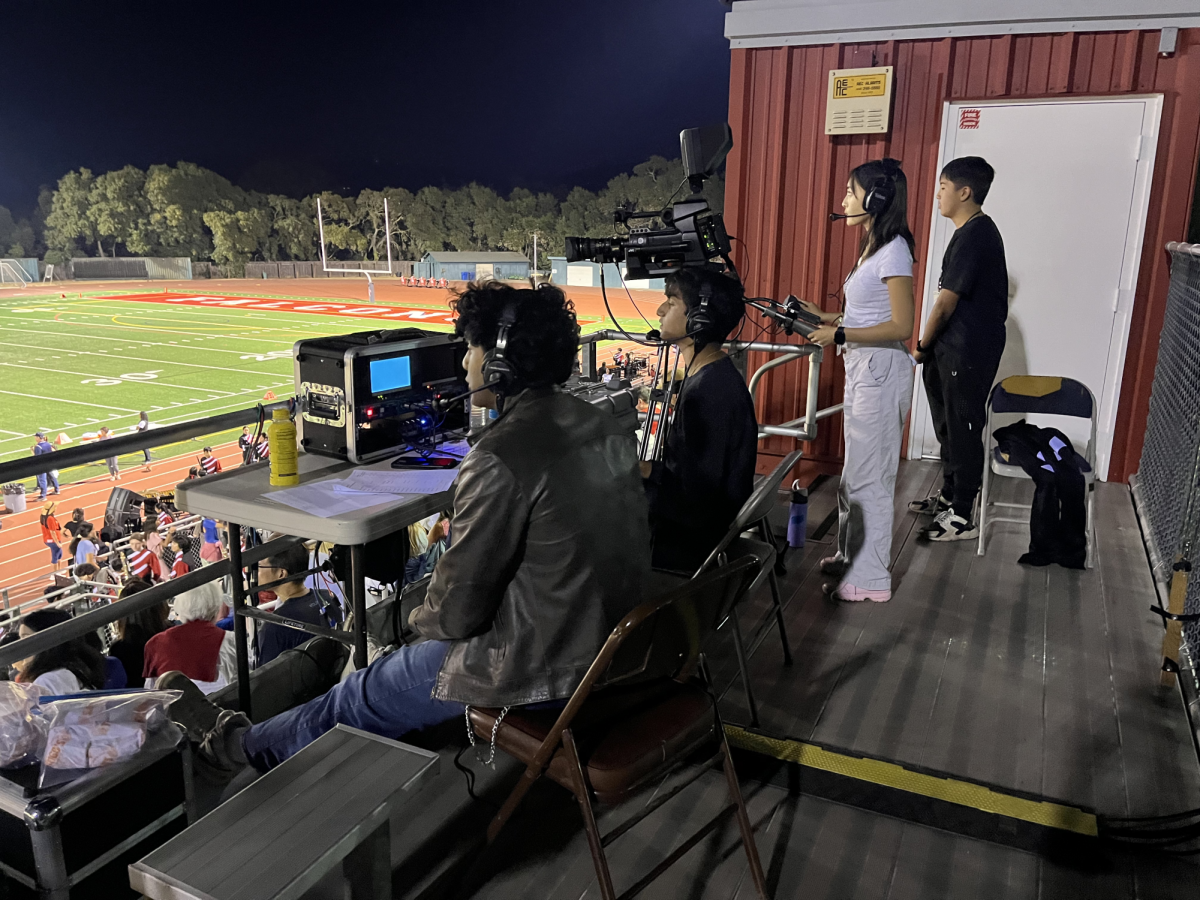For the 2013-2014 school year, the AP Chemistry curriculum will be be changed to emphasize more critical thinking and lab work and less memorization. The College Board decided to make these changes to the test in response to recommendations by the National Research Council and the National Science Foundation.
“There is more of a focus on inquiry — there will be a question where students will have to describe a lab procedure that they would use to solve a problem,” AP Chemistry teacher Kathy Nakamatsu said. “For example, students will no longer have to memorize the exceptions to the Aufbau Principle.”
In addition, the test will cover less content, allowing teachers to have more time to focus on developing conceptual understanding, according to the College Board. For instance, nuclear chemistry will no longer be on the exam, according to Nakamatsu.
Instead, students will be encouraged to apply science practices such as generating representations and models; developing strategies for collecting data; and making connections across scales, concepts and domains.
Because the course is meant to be equivalent to a first-year college course, Nakamatsu also plans on teaching some content, such as phase diagrams, that will not be on the test.
“There are some topics that are being removed from the test that a college professor would still expect his or her students to know,” said Nakamatsu.
Nakamatsu think the changes are both positive and negative.
“I like the emphasis on inquiry labs and the move away from ‘cookbook’ labs where students just go through the motions but don’t really understand what they’re doing,” Nakamatsu said. “However, with removing some of the content, I feel like they have ‘dumb-downed’ the test too much.”
If teachers were to teach only the material on the exam, students would be going into a college sophomore level class with “huge blanks of knowledge,” Nakamatsu said. Passing a freshman-level college chemistry course would be unequal to scoring a “5” on the AP exam.
Students have varied opinions about the changes.
“I think the changes are better because with AP classes, they tend to cover material very fast and sometimes skip over important concepts surrounding those ideas,” said sophomore Rohan Bhardwaj, who will take AP Chemistry next year. “I think this system will prove to be more effective and efficient for students to learn and appreciate chemistry.”
Junior Casey Takahashi, who currently takes AP Chemistry, believes the course will be more difficult.
“I think having student-directed labs will definitely be a challenge, but they really test your knowledge in chemistry,” Takahashi said.
Also, some current AP Chemistry students think the changes are unfair because future students will need to memorize less information for the exam, but junior Susanna Lee believes that “complaining doesn’t help much given the situation.”
“These changes are just something we have to take at face value and deal with,” said Lee. “The year's coming to a close anyway, why end it on a sour note?”




























